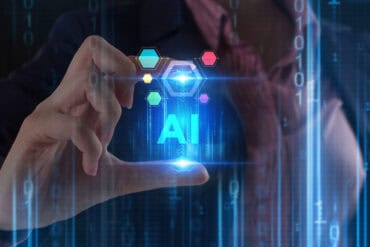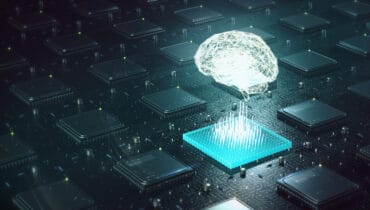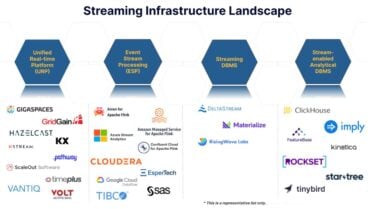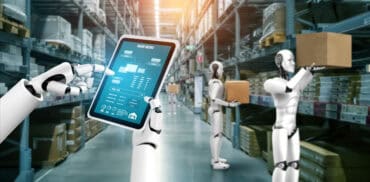
Artificial intelligence could be a way to cut through long research and development timelines to deliver a competitive advantage.
The chemicals and materials industry, thrust by new sustainability demands, personalization, and efficiency improvements, will see major digital transformation in the next decade, according to Lux Research.
While growth in previous decades has been primarily driven by growth to international markets, businesses will now look at digital technologies, such as sensors, IoT, analytics, computer vision, and robotics.
SEE ALSO: 3 Ways AI Can Remedy the Bloated Healthcare System
“The era of business process-driven innovation is one of tight competition, and not just in the characteristics of the products themselves – chemicals and materials companies are also competing on the customer experience and their ability to keep prices low by improving their operations,” said Katrina Westerhof, director of research at Lux.
“Digital transformation can not only strengthen a company’s position in product, customer experience, and profitability but also unlock new capabilities that completely change the nature of what a chemicals company is and does.”
There are four key areas that will see the most transformation: product development, supply chain, manufacturing, and sales support, according to Shriram Ramanathan, director of research at Lux.
The employment of artificial intelligence as a way to cut through long research and development timelines could be one of the ways of gaining an advantage on the competition. We are already seeing AI deployed by the healthcare industry, to create new drugs and identify potential disease outbreaks.
“We predict that over the next few years, digital transformation in the materials and chemicals industries will pick up quickly, leading to a large increase in use cases. In the short term, those use cases will exist in pockets and will largely focus on improving operational efficiencies, such as via lab automation, production optimization, asset tracking, and digital sales platforms,” said Ramanathan.




























